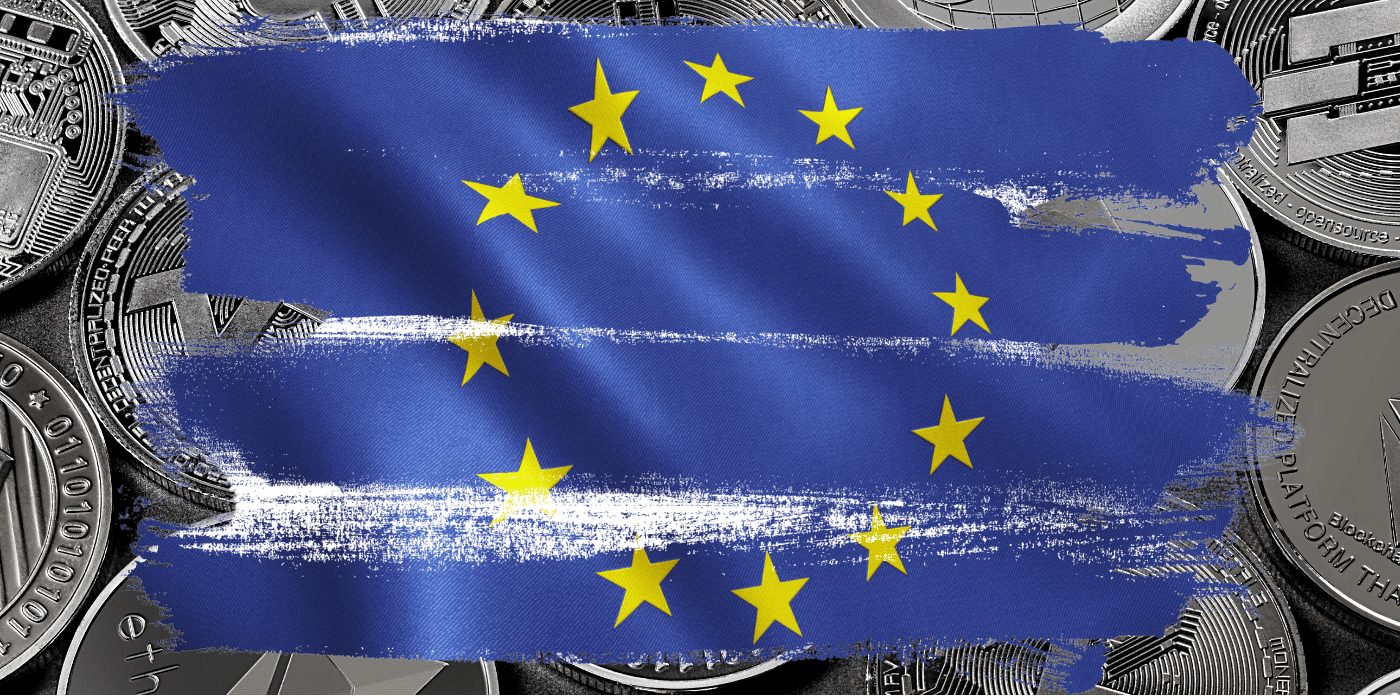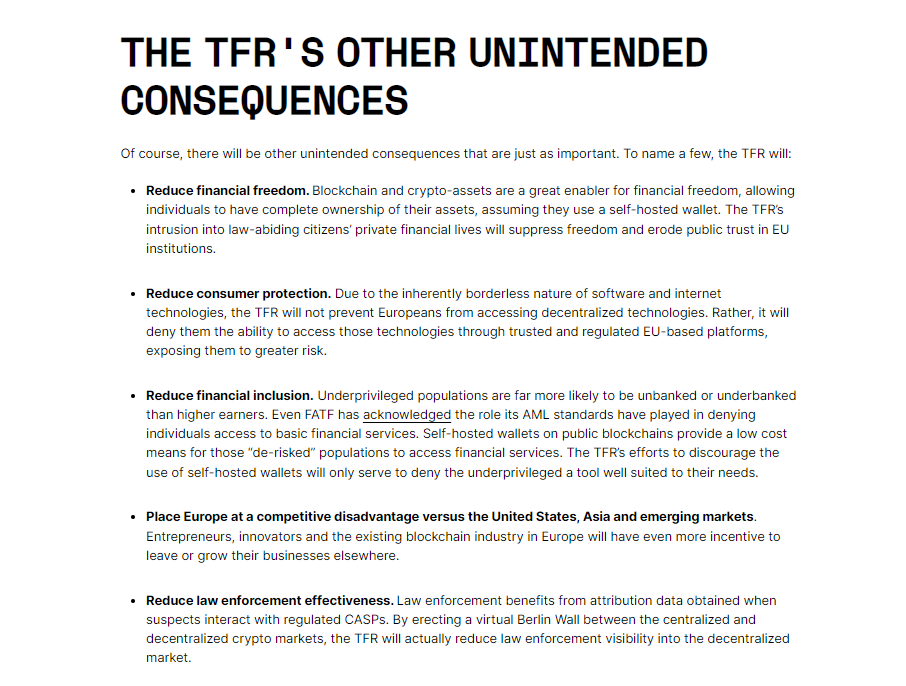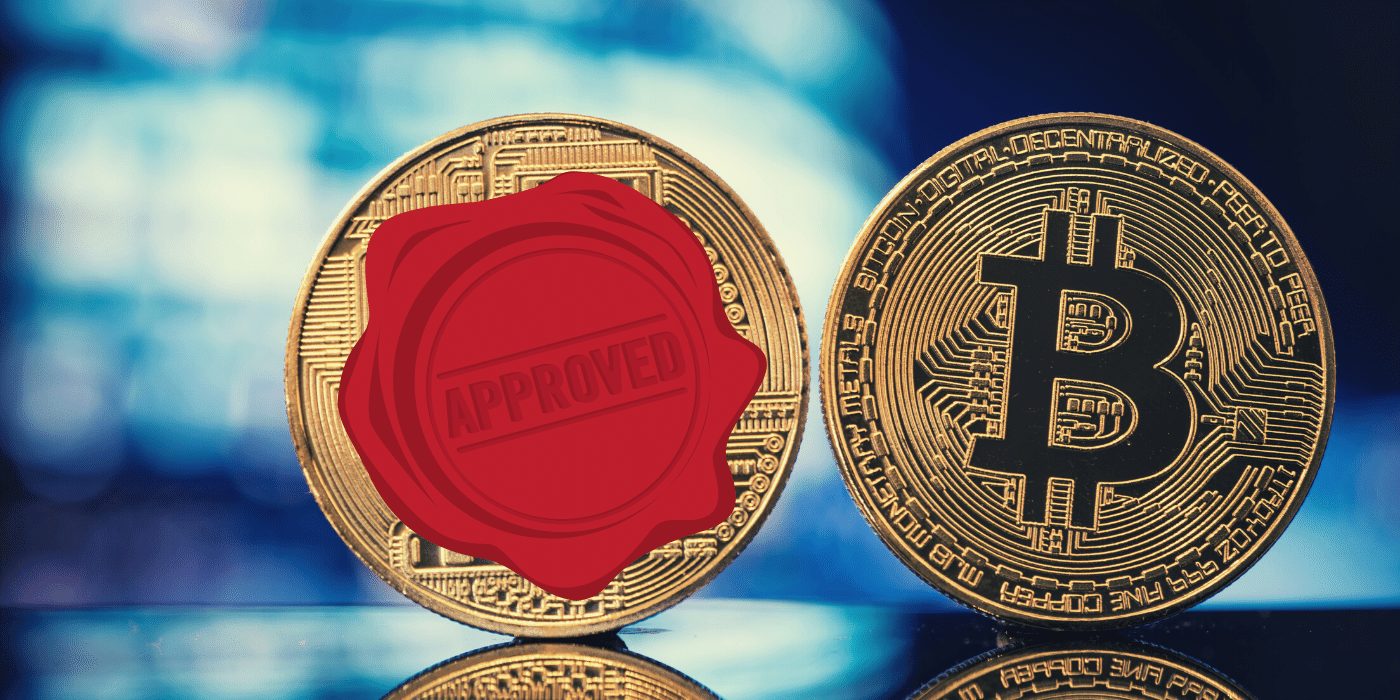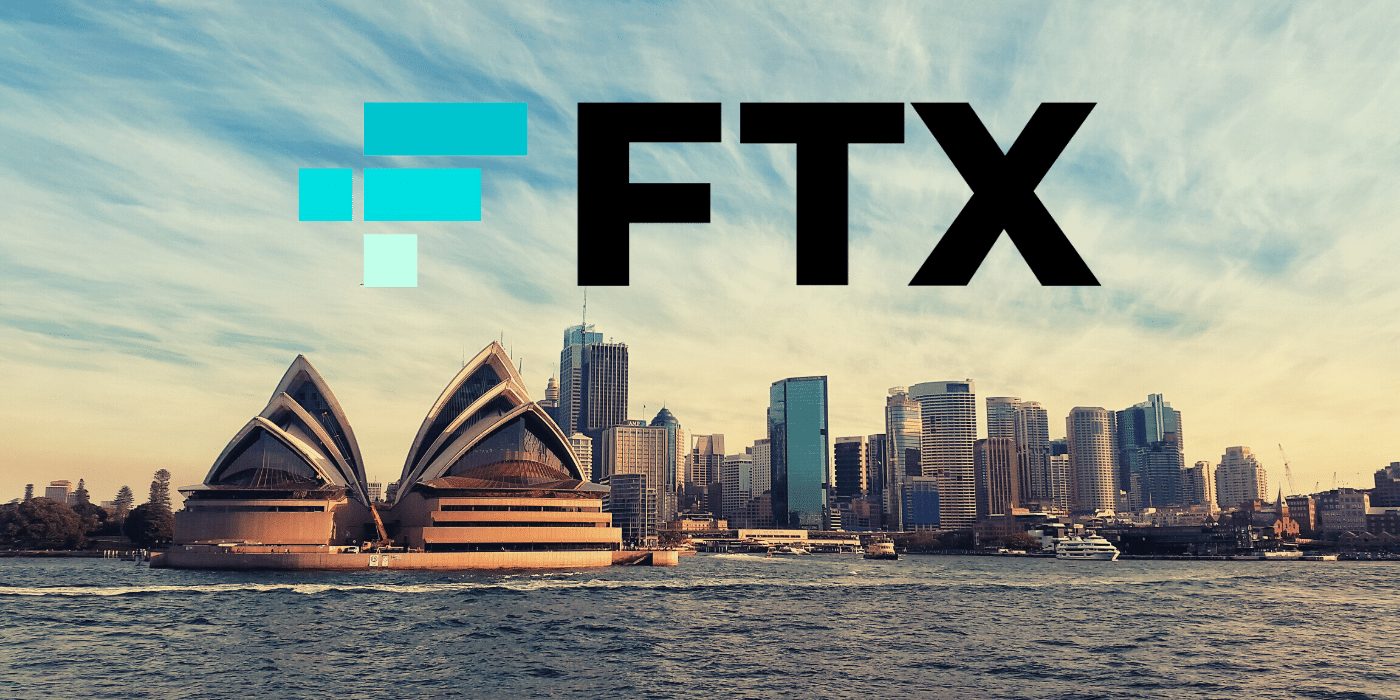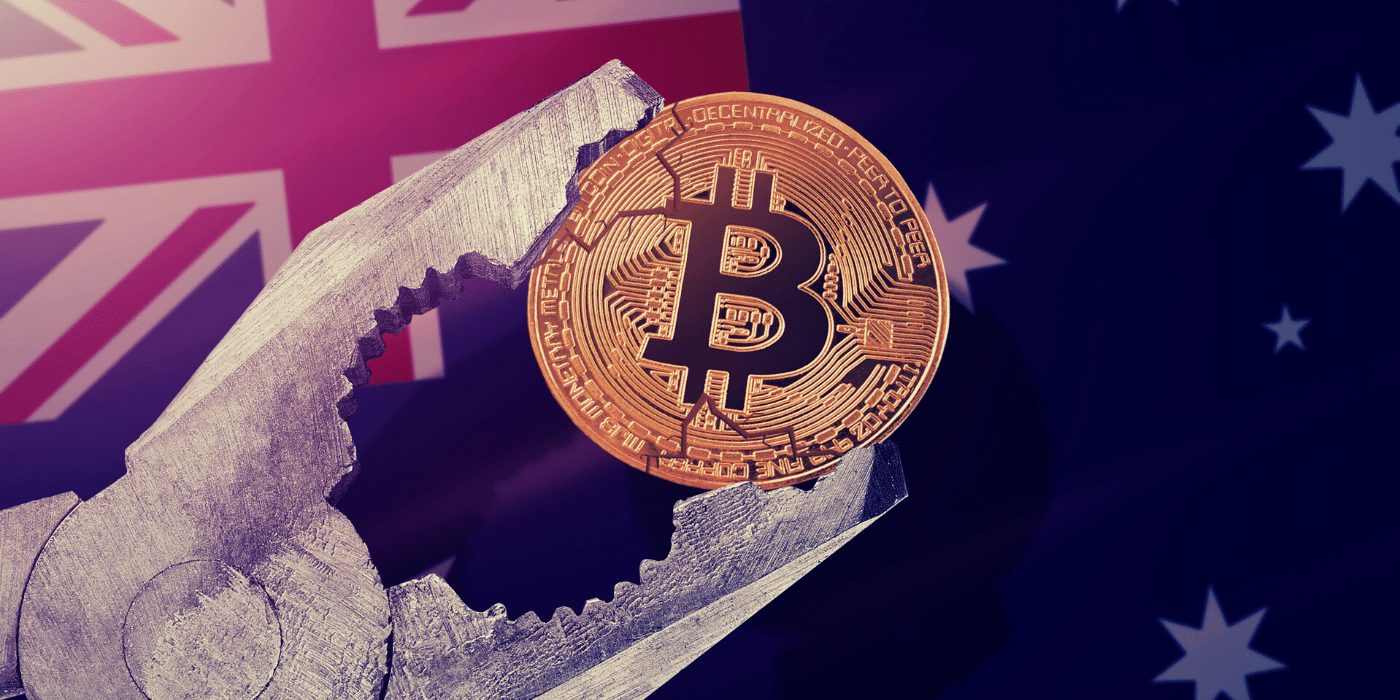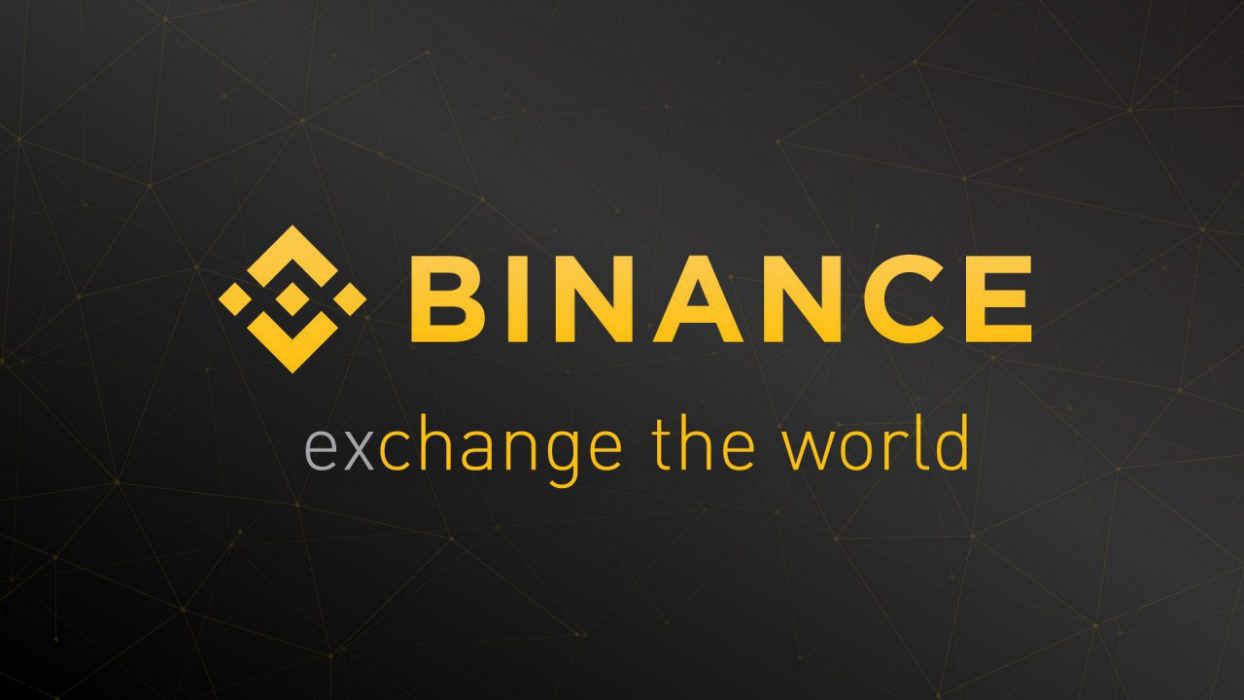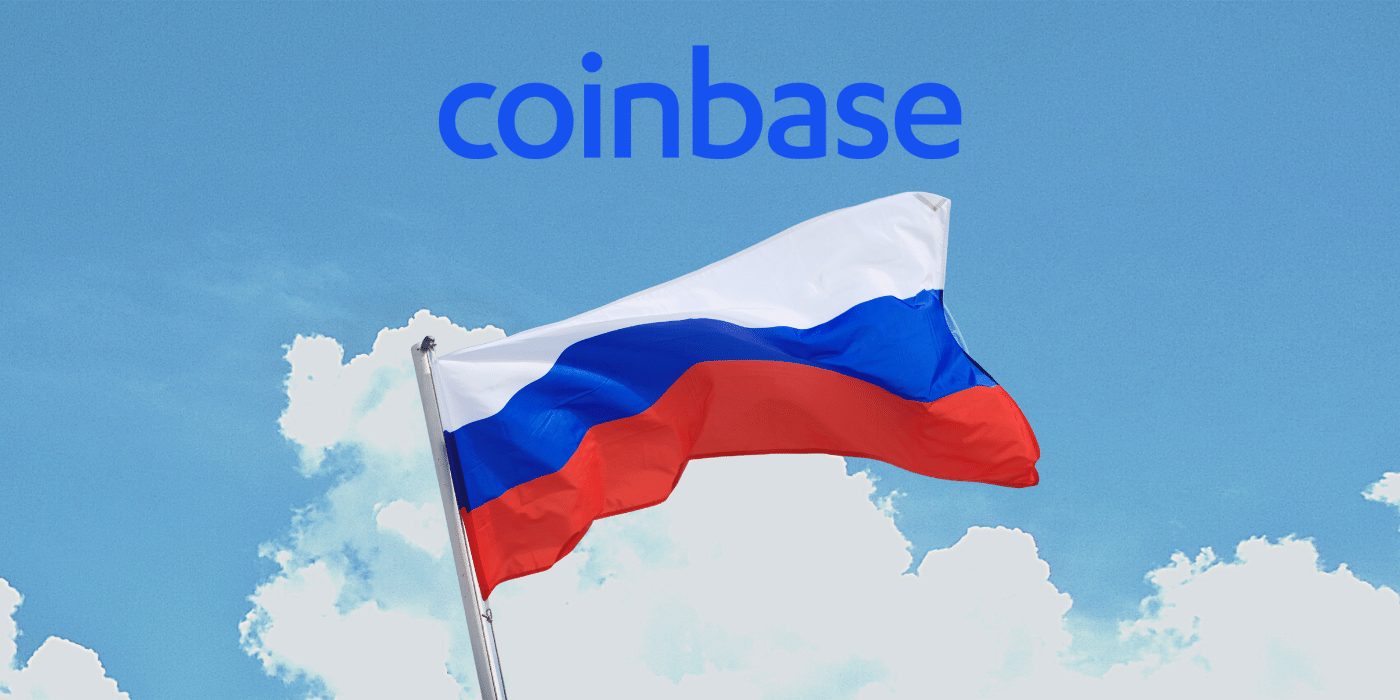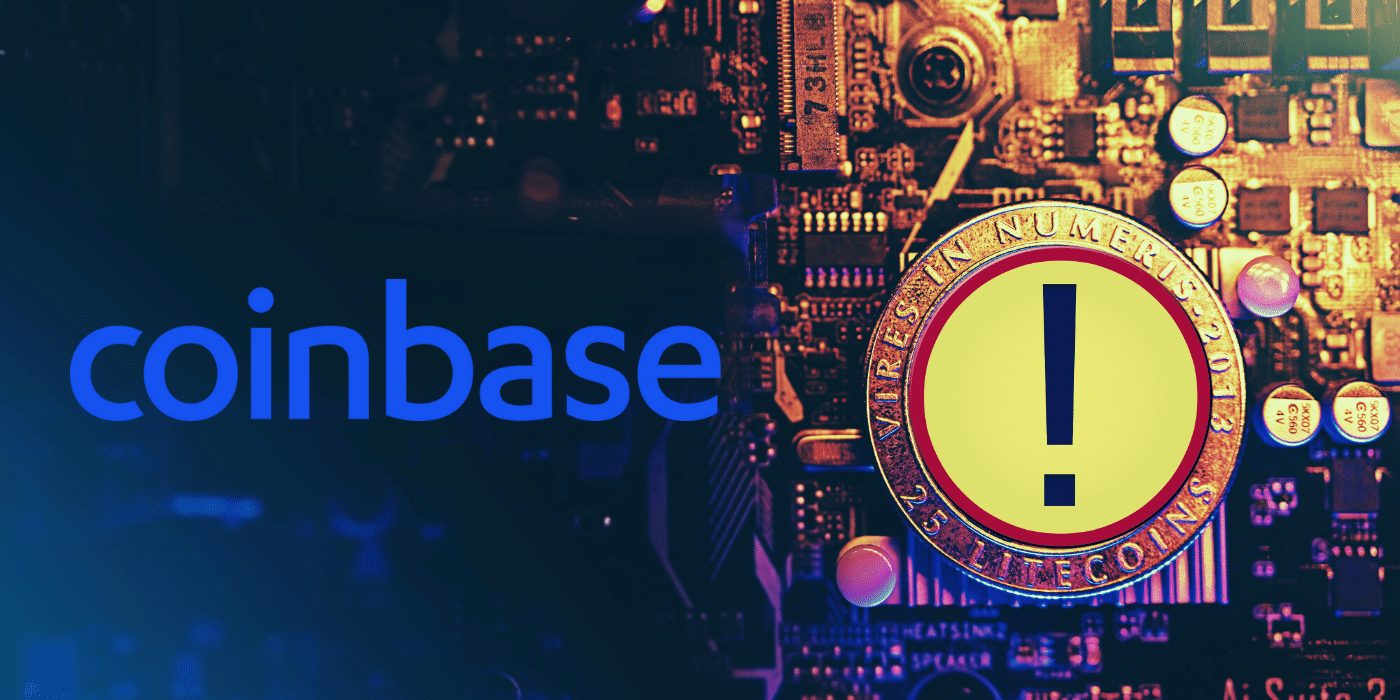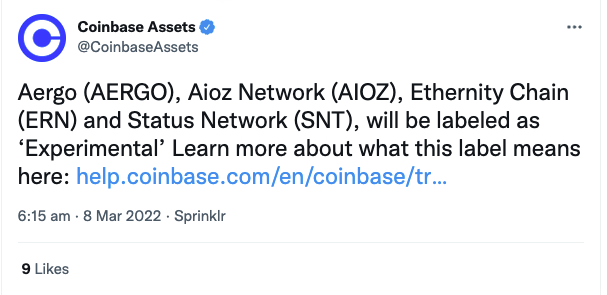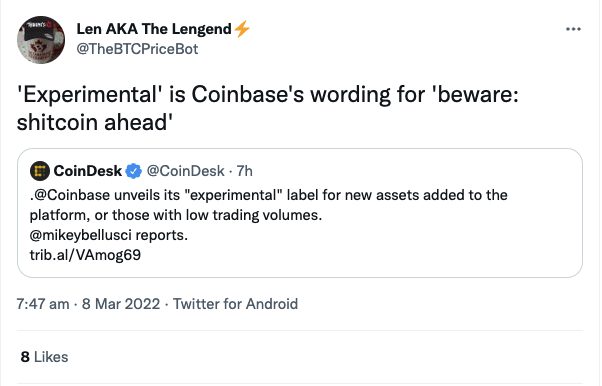At this week’s Bitcoin 2022 conference, Robinhood announced the rollout of wallets to two million eligible users with further plans to integrate the Lightning Network, according to a blog post by the crypto broker.
Robinhood chief product officer Aparna Chennapragada announced that customers who have been waitlisted for the digital wallet can now send and receive cryptocurrencies. The wallet will not, however, support Ethereum-based services such as NFTs and ERC-20 tokens.
Lightning Strikes Again
The platform is also planning to integrate the Bitcoin Lightning Network to reduce the time and cost of transactions, along with their carbon footprint. It’s another win for the Lightning Network, which has grown parabolic with an additional US$70 million raised to bring stablecoins to the network earlier this month.
The wallet will not be available to users in the US states of Hawaii, Nevada and New York “due to local regulations”. Robinhood has been testing its digital wallet feature since September 2021, completing its first alpha transfer in November and launching a beta version for tens of thousands of users in January 2022.
The reaction from the Robinhood community has been mostly positive, though according to the firm’s FAQ, any NFTs or unsupported tokens sent to a Robinhood Ethereum address will be lost.


